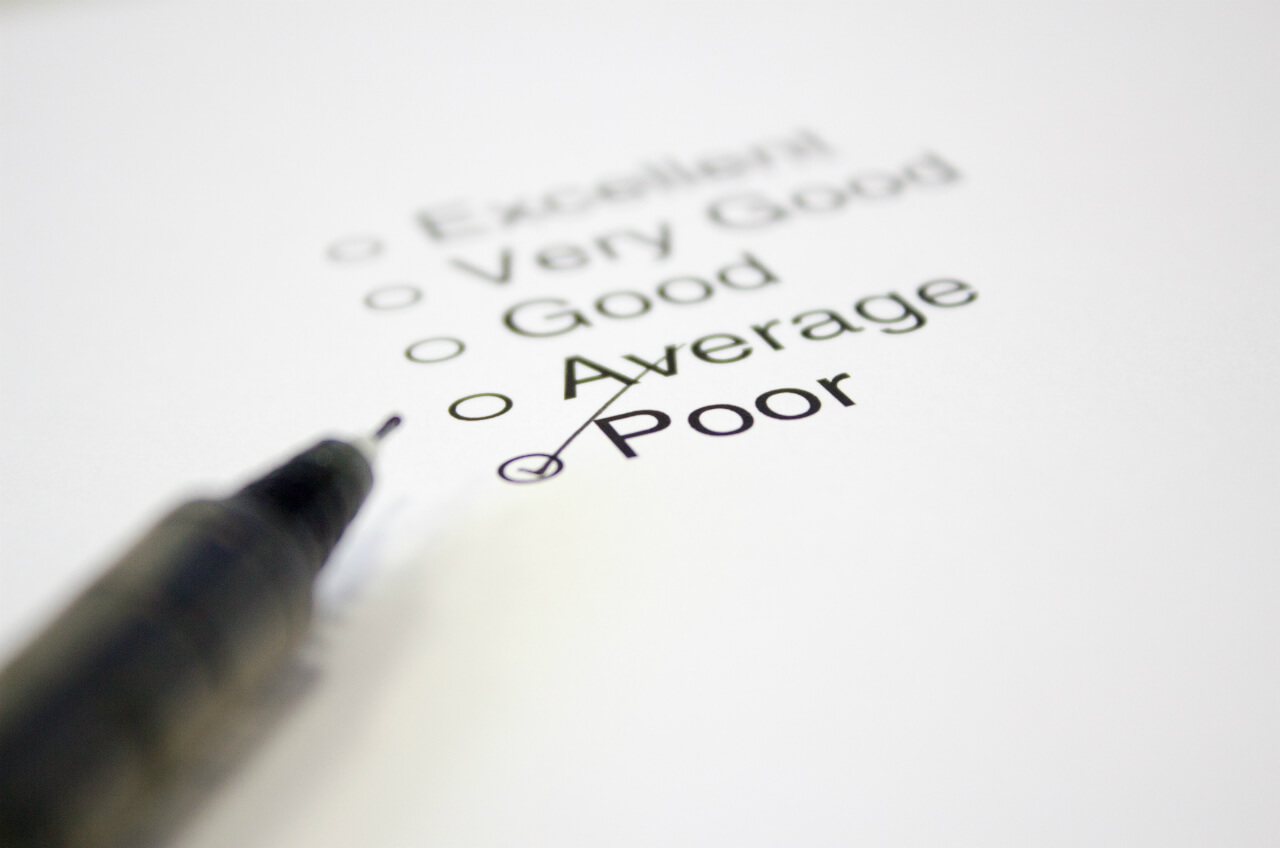The Good, The Bad And The Ugly: Illinois’ Newest Sports Betting Rules


Illinois is in the process of legalizing sports betting, but recent regulations have raised concerns about the effectiveness of the current approach.
Unfortunately, the draft regulations spanning 66 pages present a combination of positive, negative, and concerning aspects. It is disappointing to note that, for the residents of Illinois, the negative and concerning elements overshadow the positive ones.
What & rsquo, in the most recent revision to the sports betting regulations, is good?
Some of the legislations stand out, with Illinois potentially providing a genuine online sports betting experience for its residents and visitors in the future.
The state intends to permit casinos to provide online betting and to license standalone online sportsbook operators without a physical presence. Even though the tax rate for sportsbooks is over double that of Iowa, it is less than half of Pennsylvania’s rate at 15%.
One more benefit of the existing regulations is that they continue to permit sports venues to have bookmakers on site. This helps attract more users, increasing accessibility for fans to attend events.
The concept of what is considered pleasant is subjective, just as it is with many other things. In order to determine the effectiveness of Illinois’ regulations, they must be evaluated in comparison to regulations in other states.
The Prairie State does not fare well in comparison to that contrast. Many aspects of the current regulations are simply unacceptable.
Prohibited wagers and the requirement for in-person membership
Illinois casinos are prohibited by law from taking bets on college athletes or teams within the state, including those from Bradley, Illinois, or Northwestern. This restriction prevents wagering on any college teams in Illinois.
Illinois bettors’ strong preference for these teams is harmful to the state. Rather than avoiding betting altogether, they are more inclined to turn to offshore guides or travel to neighboring states like Indiana or Iowa.
Illinois casinos will also face a disadvantage compared to casinos in neighboring states due to the unpopular requirement for in-person membership that still exists in Illinois.
This means that gamblers are required to physically go to a specific location to complete their registrations before being able to make transactions with online sportsbooks. This can be difficult, especially since legal professionals in Indiana and offshore bookmakers are not subject to the same restrictions.
The regulation is currently in place in Iowa, but it is set to expire on January 1, 2021. Residents of Illinois who live near the border may find it beneficial to cross the Mississippi River and place their bets there instead.
This brings us to the unsettling aspects of Illinois’ proposals. They don’t really seem logical; they go beyond simply being unconventional.
Minimal operators, a waiting time, and operator damage
Illinois deviates from the norm by requiring bookmakers to have physical locations for at least the first year and beyond.
Additionally, if the bidding process for initial registration applications is kept confidential, it is unlikely that requests made under the Freedom of Information Act will be granted.
The Illinois Gaming Board is unable to challenge licenses after they are initially awarded. This restriction specifically applies to standalone online sportsbook operators for a 420-day period. This rule, which is not unique to Illinois, also adds complexity to the requirement for in-person registration.
After the approval of the first online-only controller, in-person registration will become unnecessary, potentially for a duration of two to three years.
Yet, there could be a principle that is even more abhorrent than all of these.
The unquestionably ugly concept and potential outcomes
Many states permit professional sports leagues to request that casinos refrain from accepting bets on specific occasions. For instance, MLB may ask for no betting on spring training events.
Illinois’ regulations grant sportsbook operators special privileges, a unique distinction among states with legal sports betting.
Consider the difficulty of operating a successful local sportsbook that specializes in taking bets on Chicago Red Stars games. Competitors of the sportsbook may petition the Illinois Gaming Board (IGB) to halt betting on these matches.
While the IGB is not required to approve the request, the benefits of having this rule are not obvious. However, the drawbacks are clearly apparent.
The primary issue raised by the state’s newest sports betting regulations is the potential risk they pose to Illinois sportsbooks when compared to both legal and illegal markets in nearby states. I am optimistic that the IGB will take steps to address these concerns before the regulations are officially approved.






